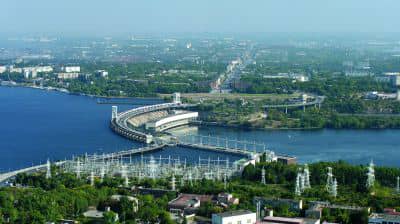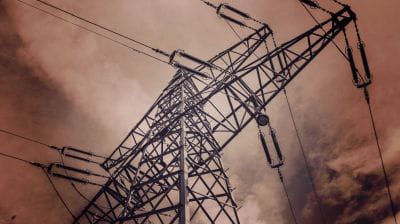Russians say they are re-establishing communication between Crimea and Kherson Region
OLENA ROSHCHINA - THURSDAY, 5 MAY 2022, 08:15
Russian-occupied Crimea has said that there is no longer a transport blockade of Crimea by Ukraine, and that the invaders have begun restoring communication between the peninsula and southern Ukraine.
Source: statement by Oleh Kryuchkov, adviser to the so-called "head of Crimea" on information policy, to RIA Novosti
Quote from Kryuchkov: "The transport blockade of Crimea imposed by Ukrainian nationalists eight years ago, is a thing of the past. Today, the process of restoring cargo and passenger services has begun. Private business cannot tolerate a void. When people need to travel and there is a demand for it, connections are instantly established.
Details: According to Kryuchkov, the railway lines connecting Crimea with Kherson Region have also been restored - and "in the long term" passenger trains will run on them.
A representative of the Crimean occupation authorities claims that urban and intercity transport is fully operational in the Ukrainian regions occupied by the Russian army.
Background: Russia occupied Crimea in February-March 2014, after which it instigated hostilities in eastern Ukraine, which it supported in every way it could for eight years: politically, financially, with arms and military personnel.
On 24 February 2022, Russia launched a full-scale invasion of Ukraine. Enlisting the help of collaborators on the Ukrainian side, the Russian army was able to seize another part of eastern and southern Ukraine and declared its ambition to seize the entire south, as far as Moldova's territory, to have a land route to Crimea and Transnistria.
Transport links to Crimea were cut off after the occupation, as was the supply of fresh water from mainland Ukraine. Only private transport was routed across the administrative border.
Russia connected the peninsula and its territory with a "Crimean bridge", also looking for alternative water sources.







